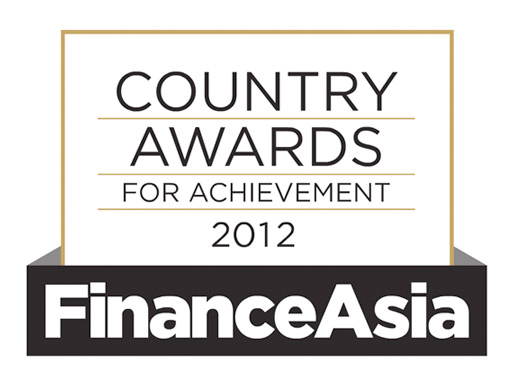


Registered users get 2 free articles in 30 days.
Subscribers have full unlimited access to FinanceAsia.
Not signed up? New users get 2 free articles per month, plus a 7-day unlimited free trial.
Questions?
See here for more information on licences and prices, or contact [email protected].